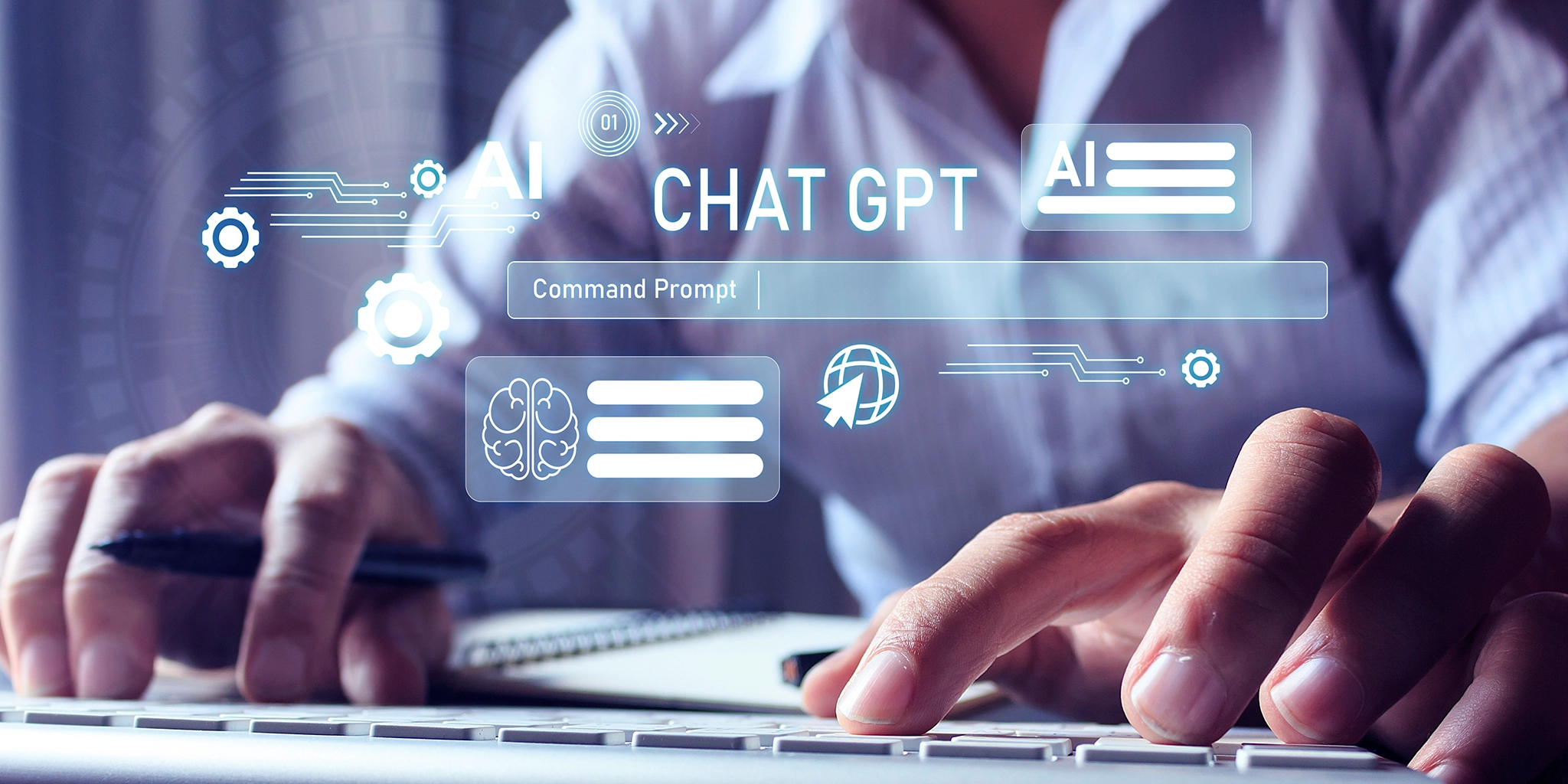Artificial Intelligence, particularly large language models like OpenAI ChatGPT, has rapidly become a part of our daily personal and professional lives. These tools offer remarkable capabilities, from drafting emails to writing complex code. However, as we integrate them more deeply into our operations, a critical question arises: can we truly trust the companies behind them with our sensitive information?
At its core, an AI model is a sophisticated statistical tool, hosted by a company and made accessible through an application programming interface (API). Therefore, when we ask if we can trust an AI, what we are really asking is: can we trust the company that controls it? Let’s examine this by looking at one of the most prominent players in the field, OpenAI.
Evaluating Trust: A Look at OpenAI’s Track Record
When evaluating any third-party service provider, it is prudent to consider its history and business practices. Several reported events and corporate decisions concerning OpenAI have led to discussions around its trustworthiness.
- A Shift in Purpose: OpenAI was originally founded as a non-profit organisation with a mission centred on ensuring artificial general intelligence benefits all of humanity. Its transition to a for-profit entity has raised questions about whether its priorities have shifted from pure research and safety towards commercial interests.
- Data Privacy and Security: The default setting for many AI services, including those from OpenAI, often involves using user inputs to train future versions of their models. This practice came under scrutiny following reports of a significant data leak at Samsung, where employees inadvertently uploaded sensitive source code while using ChatGPT. Furthermore, like many large technology platforms, OpenAI has experienced security vulnerabilities that have reportedly led to the exposure of user data.
- Intellectual Property Concerns: There have been widespread allegations from authors, artists, and publishers that OpenAI used copyrighted materials to train its models without permission. This has led to ongoing legal and ethical debates about data sourcing and intellectual property in the age of AI.
- Internal Safety Concerns: The departure of senior researchers from OpenAI, citing concerns that the company was not prioritising AI safety sufficiently, has been a point of discussion. When key figures involved in safety and governance leave an organisation, it can naturally lead to questions about the company’s long-term commitment to responsible development.
To put it in more personal terms, consider an old friendship. Imagine this friend initially said one thing but then did another, changing the rules of your friendship to benefit themselves. Suppose they then took secrets you told them in confidence and shared them with others, and even took your homework—your intellectual property—and sold it to others for their own gain. If this happened multiple times, would you still trust them? A similar level of scrutiny should be applied when entrusting a company with your valuable data.
Choosing the Right AI for Your Business
The decision to use a specific AI tool should not be taken lightly, especially when corporate data is involved. It is essential to conduct thorough due diligence.
Fortunately, alternatives are available. For example, other major technology firms like Google with its Gemini model have often communicated a focus on security, sometimes purposely delaying the release of updated versions to conduct further safety testing. This illustrates that different providers may have different approaches to security and data handling. When choosing an AI tool, consider the provider’s transparency, their data privacy policies, and their overall track record on security.
How Vertex Can Assist
Navigating the landscape of AI tools to find a solution that is not only powerful but also secure can be a complex challenge. The right choice depends on your organisation’s specific needs and risk appetite.
If your business is looking to leverage artificial intelligence and you need guidance on selecting the right tools while safeguarding your data, we encourage you to get in touch. The experts at Vertex Cyber Security can provide the advice you need to innovate responsibly. Browse our website or contact us today to learn more.

